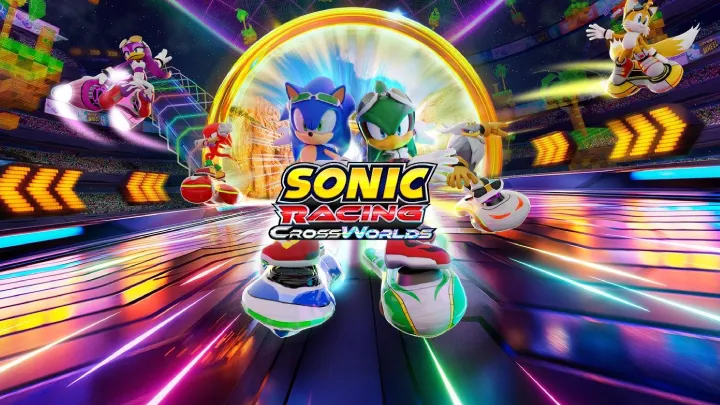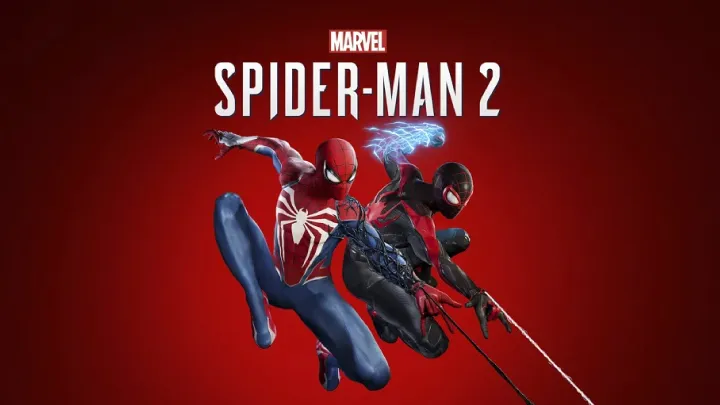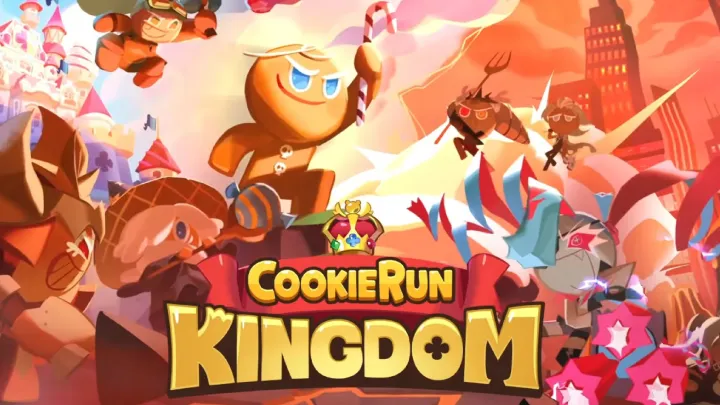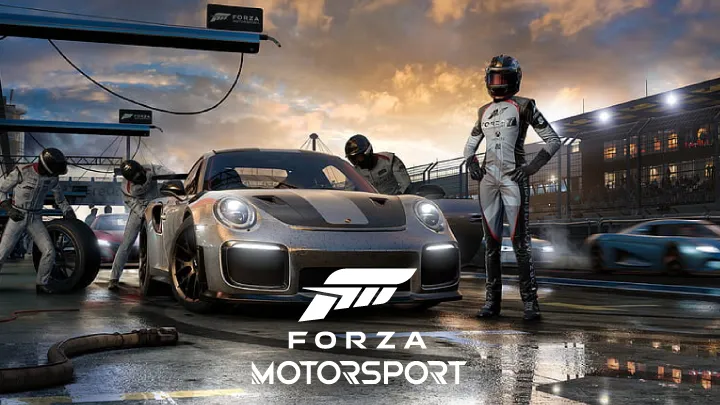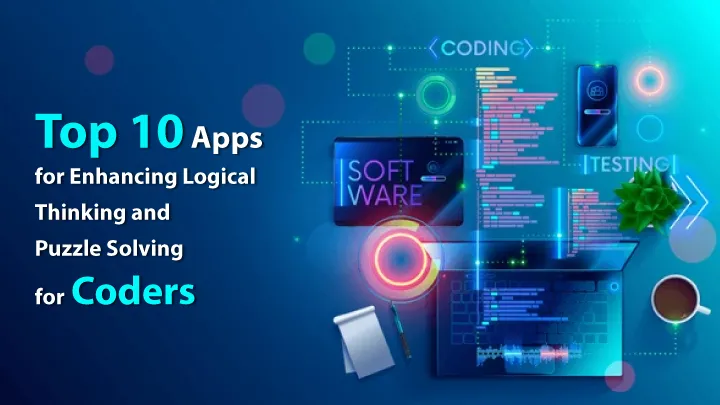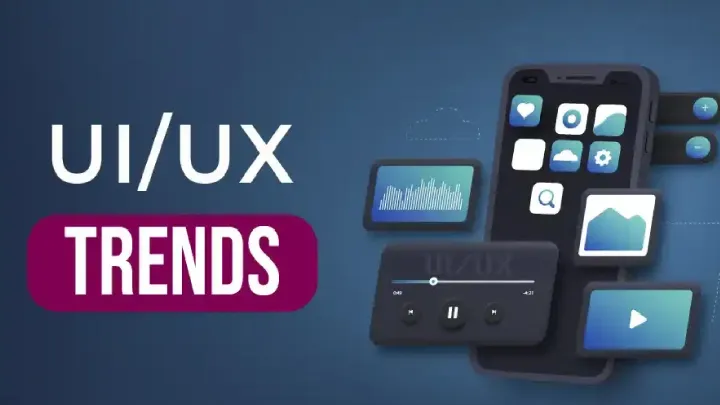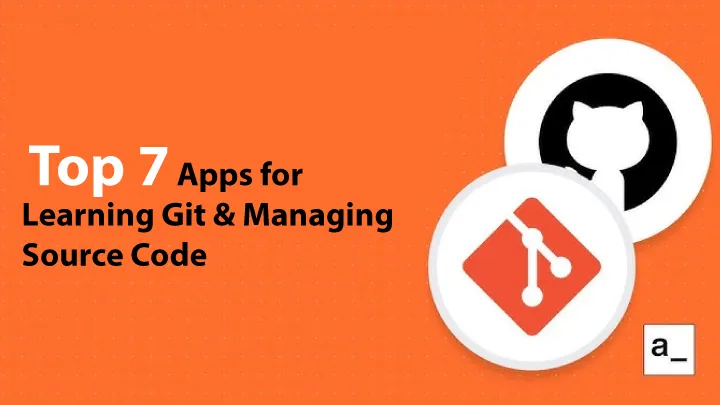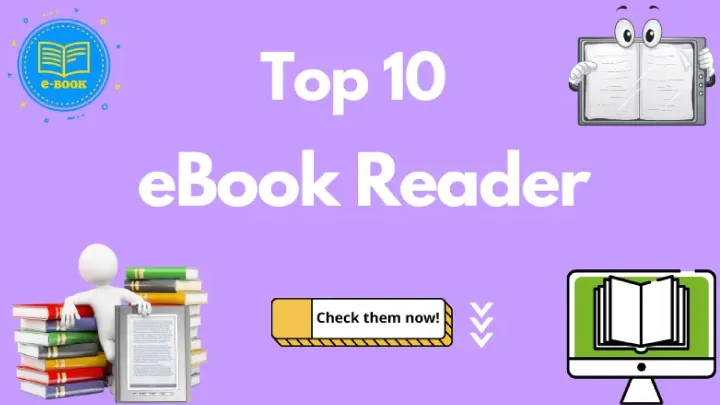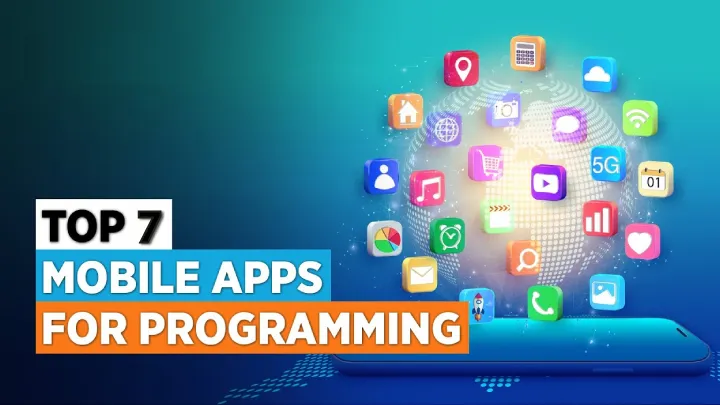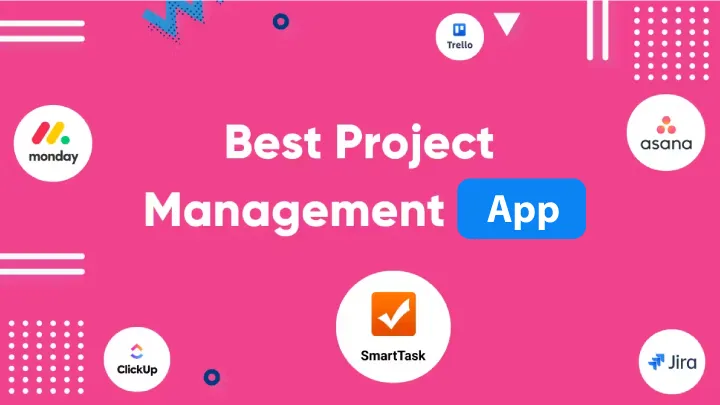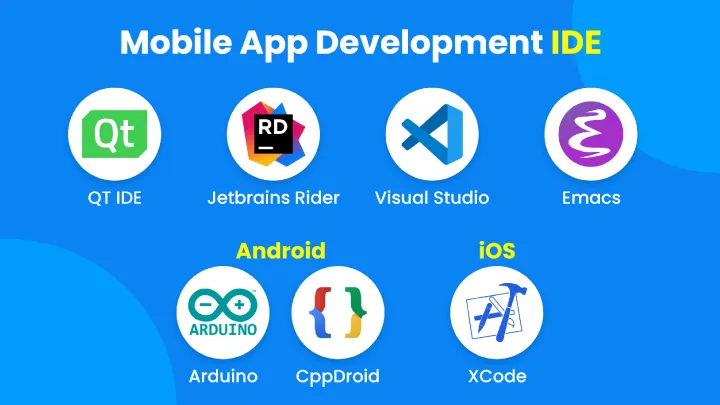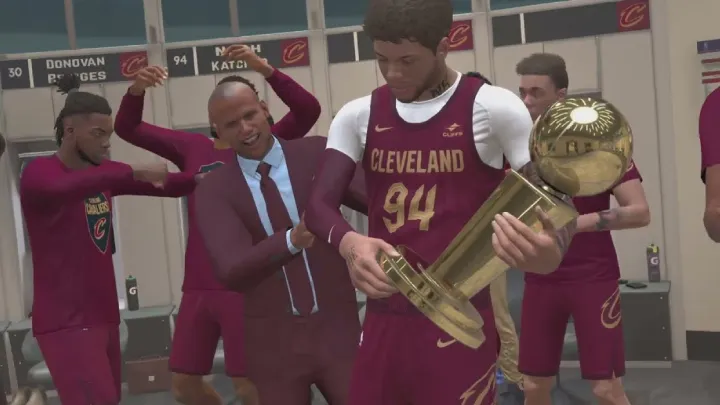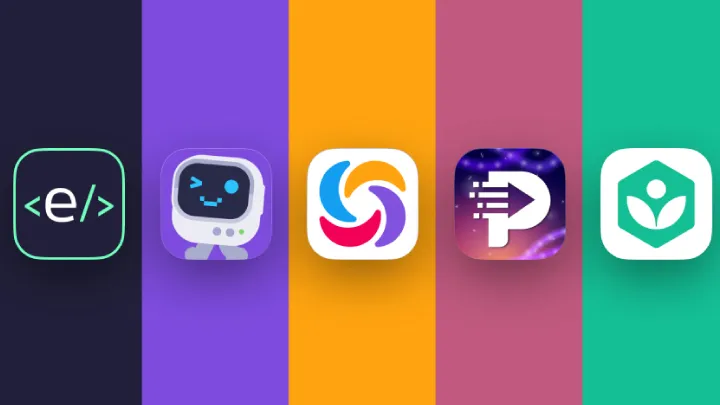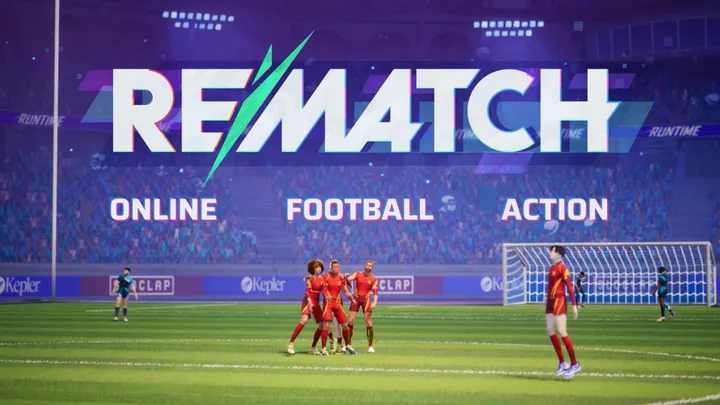Game Peak, a title celebrated for its fast-paced gameplay and layered strategy, has quickly risen in popularity among both casual and competitive players. Yet beneath its polished design lies a controversy that continues to stir debates: the balance between skill progression and monetization. While the game markets itself as skill-driven, the reality is more complex. Many players have discovered that progression systems, upgrade mechanics, and pay-to-accelerate features create disparities that affect not only casual enjoyment but also competitive integrity. This article dives deeply into this single issue—how Game Peak manages skill progression in relation to monetization—analyzing its roots, manifestations, and implications across different stages of play.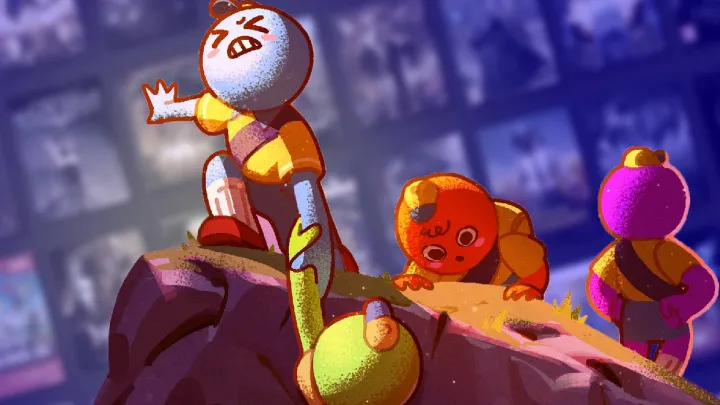
Early Hype and the Promise of Fair Competition
When Game Peak first launched, one of its strongest appeals was the emphasis on fair, competitive play. Marketing campaigns highlighted balanced matchmaking and skill-based outcomes. The idea was that victory would depend on tactical knowledge, mechanical skill, and decision-making.
However, early adopters soon noticed cracks in this vision. While initial levels felt fair and rewarding, higher tiers revealed systems that pushed players toward in-game purchases. This tension between fairness and monetization began to overshadow the game’s promise of equal competition.
The Foundation of Skill Progression
Game Peak’s progression system is designed around skill trees, character upgrades, and unlockable abilities.
Skill-Based Growth
On the surface, the structure encourages mastery. Players improve through practice, unlock new tactics, and develop diverse playstyles. This keeps early and mid-game experiences exciting, especially for players focused purely on growth.
The Shift Toward Grind
Yet, once players move past the introductory levels, progression begins to slow dramatically. Unlocking meaningful upgrades requires extensive grinding or resource purchases. This is where the skill-versus-wallet dilemma emerges.
Monetization Mechanics Embedded in Progression
Monetization in Game Peak isn’t limited to cosmetic purchases. Instead, it’s woven directly into progression.
Upgrade Accelerators
Players can buy resources to upgrade abilities faster. Without these purchases, skill progression slows, leading to frustration.
Competitive Pressure
This becomes especially problematic in ranked modes, where slower progression means weaker characters. Players unwilling to spend find themselves at a structural disadvantage, even if their skill level is higher.
Early Player Experiences: The Learning Curve
During the first stages of the game, the balance between skill and monetization feels manageable.
Natural Growth Phase
In early matches, players rely heavily on instinct, experimentation, and adapting to new challenges. Monetization is less intrusive because basic skills and tools are accessible.
The Turning Point
Once players advance beyond the beginner tier, the reality of limited resources and locked abilities sets in. Many report feeling pressured to either grind excessively or spend money to stay competitive.
Mid-Game Progression and the Paywall Effect
As players climb higher, the issue intensifies.
1: Paywall Indicators
Critical upgrades that significantly impact performance often sit behind steep requirements. Without spending, players must endure long hours of repetitive play.
2: Frustration Cycle
This creates a cycle: players grind, feel stuck, and either pay to accelerate or quit the game altogether. For competitive integrity, this cycle undermines the idea of fair progression.
Late-Game Competitive Disparities
At advanced levels, the divide between paying and non-paying players becomes stark.
Power Imbalances
High-level upgrades provide significant advantages, from faster cooldowns to stronger damage multipliers. These create scenarios where skill alone cannot compensate for stat discrepancies.
Decline in Strategic Diversity
Because stronger upgrades dominate, matches often devolve into predictable strategies. This reduces tactical richness and limits creative playstyles, frustrating skilled players who thrive on strategy.
Community Response and Backlash
The player community has been vocal in pointing out these issues.
Forums and Social Media
Many players highlight that while they love the core gameplay, monetization ruins the competitive experience. Social platforms are filled with debates about whether Game Peak can be considered truly skill-based.
Calls for Reform
Some demand rebalancing, such as capping upgrade advantages in ranked play or offering free progression accelerators through gameplay milestones. These discussions underline the tension between business models and community expectations.
Developer Adjustments and Patches
In response to backlash, developers have introduced patches and tweaks.
Temporary Fixes
Some updates reduced resource costs for upgrades or added limited-time events to provide free accelerators. While appreciated, these solutions often feel temporary.
Long-Term Challenges
The deeper issue—tying progression directly to monetization—remains unresolved. Unless restructured, the cycle of grind and frustration will continue.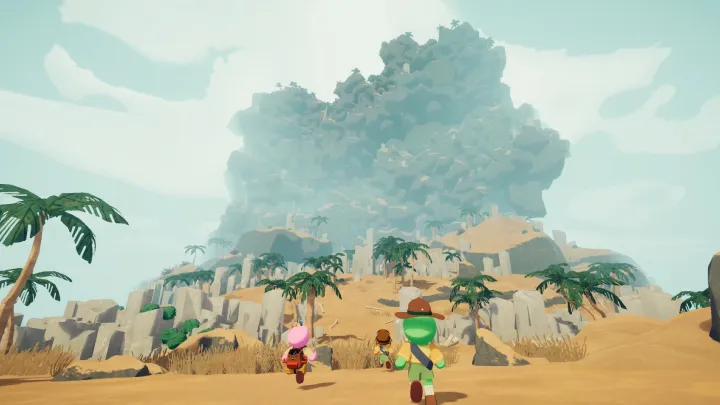
The Bigger Picture: Monetization in Competitive Games
Game Peak is not alone. Many modern competitive games wrestle with how to fund development while maintaining fairness.
Industry Trends
From loot boxes to battle passes, monetization models vary, but the challenge is consistent: balancing revenue with integrity. Game Peak exemplifies the risks when progression becomes too entangled with purchases.
Lessons from Other Titles
Other games have successfully separated cosmetics from gameplay. By contrast, Game Peak’s model highlights what happens when upgrades impact balance, drawing sharp criticism.
Long-Term Implications for Game Peak’s Future
The way Game Peak resolves this issue will define its legacy.
Player Retention Risks
If competitive fairness continues to erode, casual players may drop out, and competitive communities may migrate to other titles.
Esports Potential
For Game Peak to thrive as an esport, it must ensure a level playing field. Monetization-driven advantages undermine legitimacy and discourage investment from organizers.
Conclusion
The controversy around Game Peak’s progression and monetization highlights a fundamental tension in modern competitive gaming. While the game offers engaging mechanics and a rewarding skill curve, its reliance on monetization to accelerate progression undermines its promise of fairness. From early gameplay to high-level competitive scenes, the issue shapes experiences, sparks community backlash, and challenges the developers’ long-term vision. If left unresolved, Game Peak risks alienating both casual and competitive audiences. For the title to truly reach its peak, developers must prioritize balance, fairness, and the integrity of competition.


